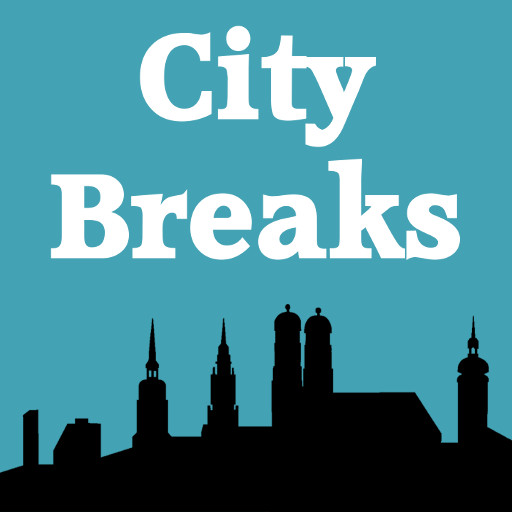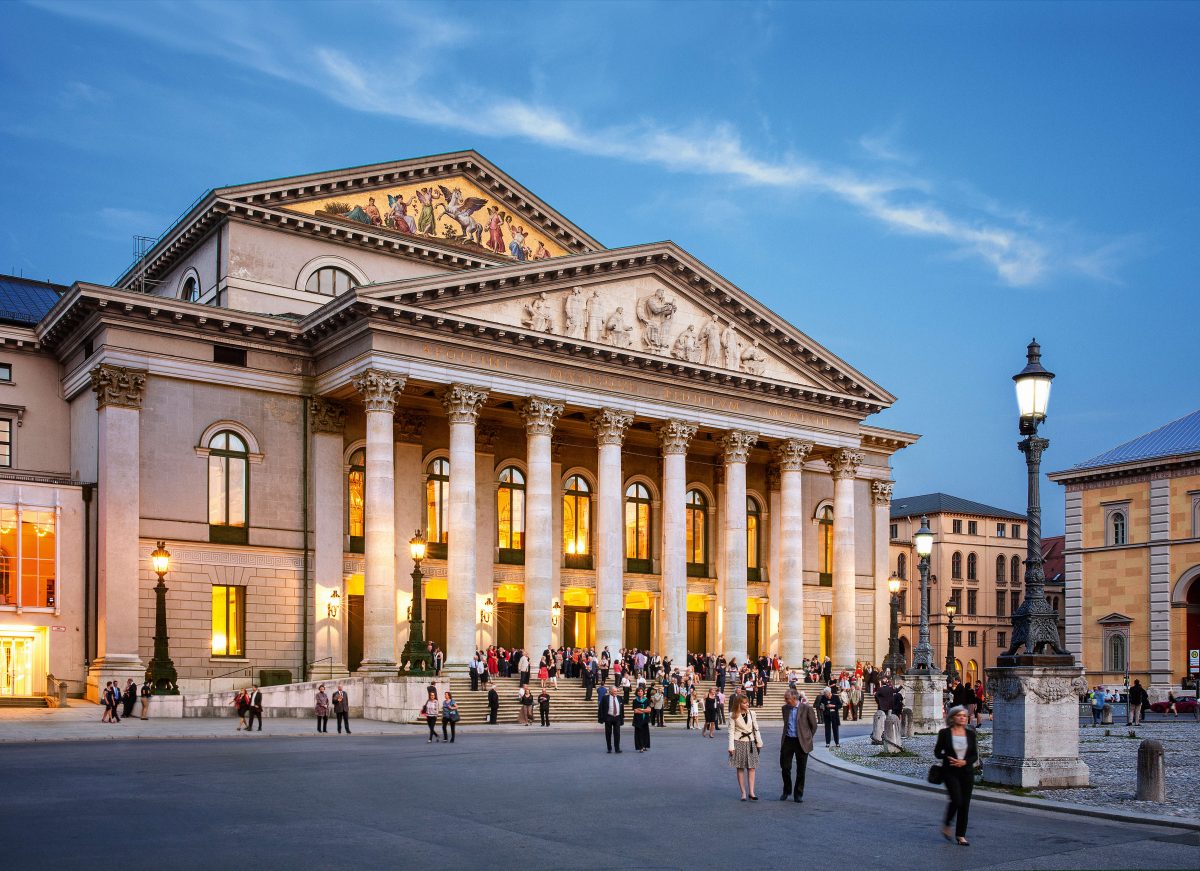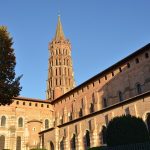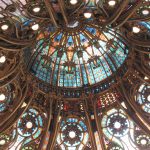Last Updated on January 8, 2024 by Marian Jones
This post summarises the role of music and literature in Munich, covering the famous composers and authors associated with the city, from Wagner and Mahler to Heinrich Heine and Thomas Mann. We also cover the ‘Golden Age’, at the turn of the 20th century, when the arts flourished particularly in Munich, a time of café culture and iconic characters. There’s also a rundown of the places in the city where you can enjoy music today and of other places where traces of music and literature in Munich from former eras can still be found.
wagner
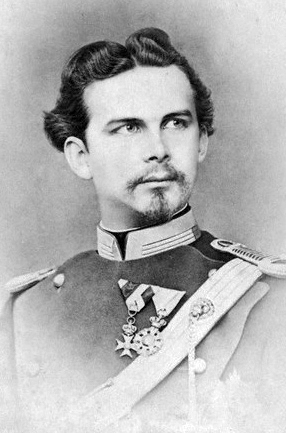
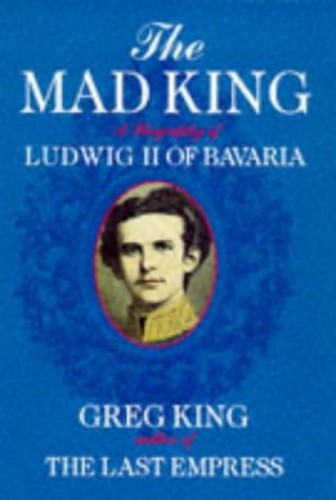
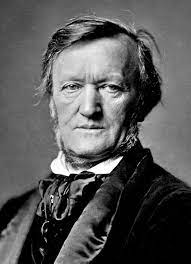
Wagner’s musical career began and flourished in Munich, significantly advanced by the admiration King Ludwig II held for him. Greg King, author of The Mad King, describes how, when Ludwig saw his first performance of Lohnengrin, ‘the intoxicating magic of Wagner’s music began to surge through his soul’ as he saw brought to life on stage a world he had long been fervently imagining. Ludwig lavished money and gifts on Wagner and financed the staging of his operas, writing to him that ‘you have been the sole source of my happiness …. a friend who spoke to my heart as no other did’. The story of this relationship – which broke down eventually – is told more fully on the podcast.
Wagner’s operas were often based on German legends. Lohnengrin and Tannhaüser, for example, have medieval settings, featuring knights who try to win the love of princesses and Die Meistersänger was a rousing tale extolling the triumph of German culture. His Ring Trilogy was another great success. Wagner has remained one of the most influential German composers, for the grand sweep of his storytelling and its dramatic themes, for his musical innovations and compelling appeal to lovers of German culture and tradition. It is true that these elements appealed to the National Socialists in the 1930s, but it’s also true that he remains a composer of huge significance and popularity today.
the golden age
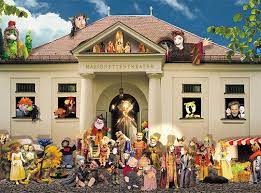
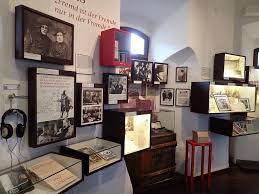
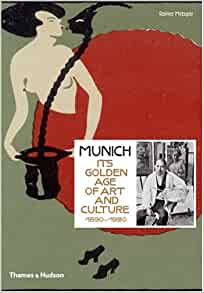
From the 1890s, the arts flourished so strongly in Munich that it rivalled Paris. New theatres were opening, including the world’s first permanent puppet theatre, the Marionettentheater, and a café culture developed, as artists, musicians and writers met in venues like the Café Luitpold, perhaps to discuss the influential new arts magazine, Simplicissimus. Today you can find a little of this at the Valentin Karlstadt Museum, still decorated in the style of the 1900s and recalling the era of Karlstadt, a German cabaret and film comic seen as the German Charlie Chaplin. You can also visit the Marionettentheater, where puppet shows are still given – in German only – just as they were in the Golden Age.
There is more on the history of both these institutions on the podcast.
gustav mahler and rIchARD Strauss
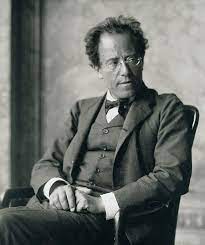
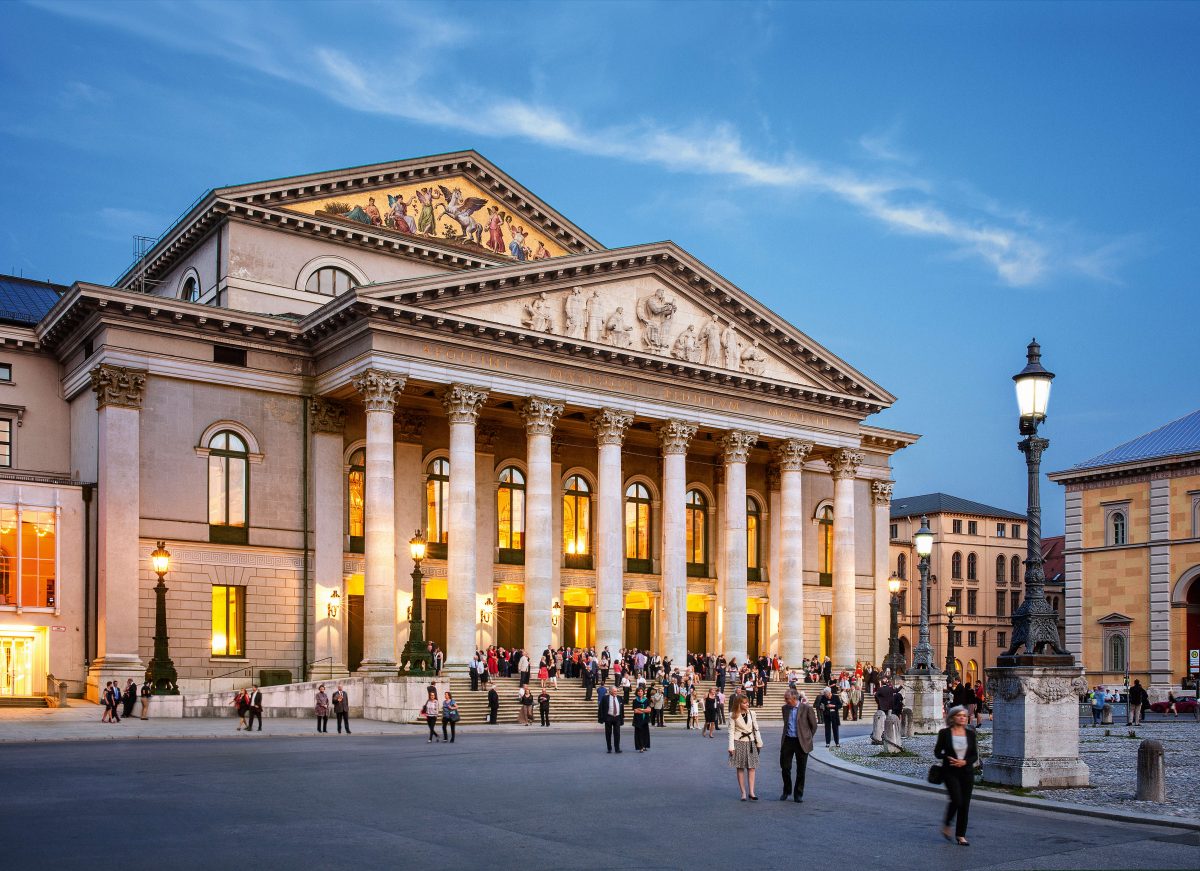
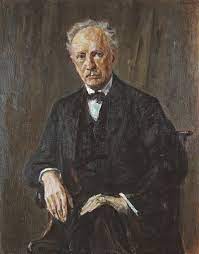
Gustav Mahler’s 8th Symphony premiered in Munich in 1910, conducted by the composer himself, and was ecstatically received. There was 20 minutes of enthusiastic applause and a letter of praise from Thomas Mann describing Mahler as ‘the man who … expresses the art of our time in the profoundest and most sacred form.’ The Munich Philharmonic, who played the piece, still exist today and run a full programme of concerts in the city. Mahler, whose work was banned in Germany in 1935-45, retains a prominent place in the programme.
Richard Strauss, whose father Franz was a horn-player at the court opera in Munich, was born in the city in 1864. As a composer, Richard Strauss is best known for his traditional pieces, including the opera Salome which features The Dance of the Seven Veils. The Richard Strauss Memorial Fountain, near St Michael’s Church on Neuhauser Strasse, features scenes which retell Salome’s story and is visited by Strauss fans from all over the world.
music in munich today
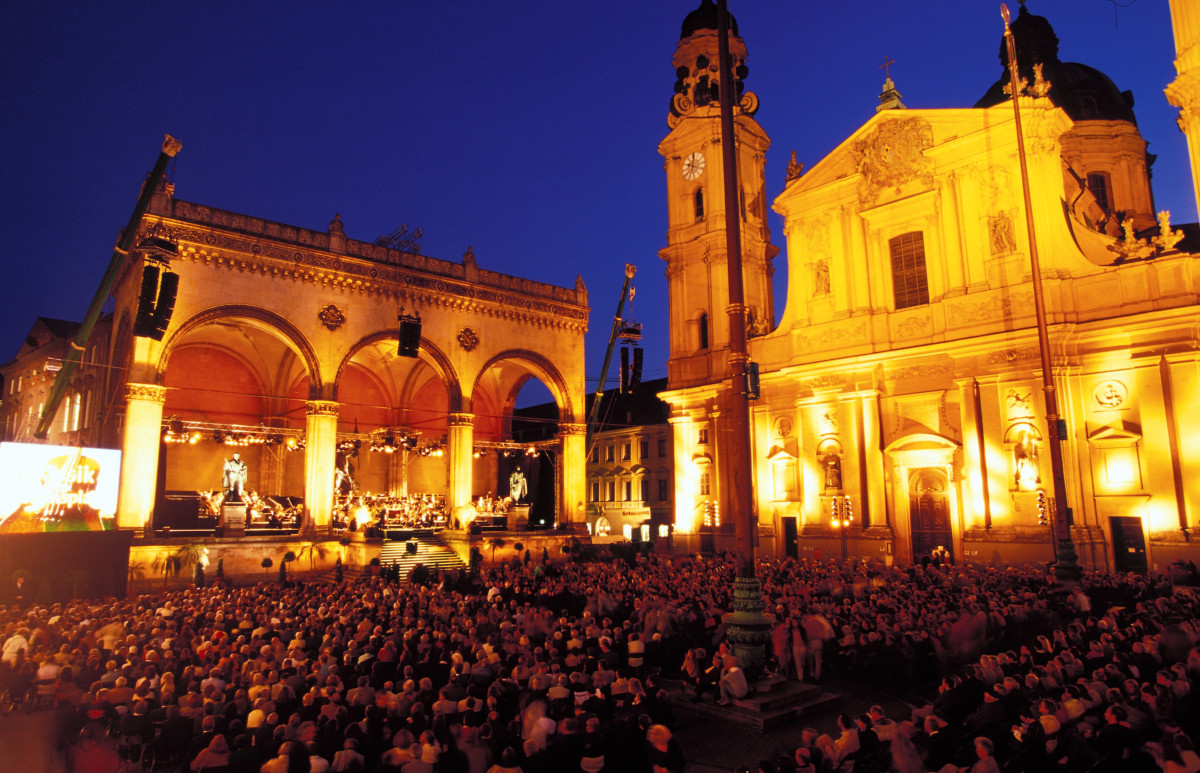
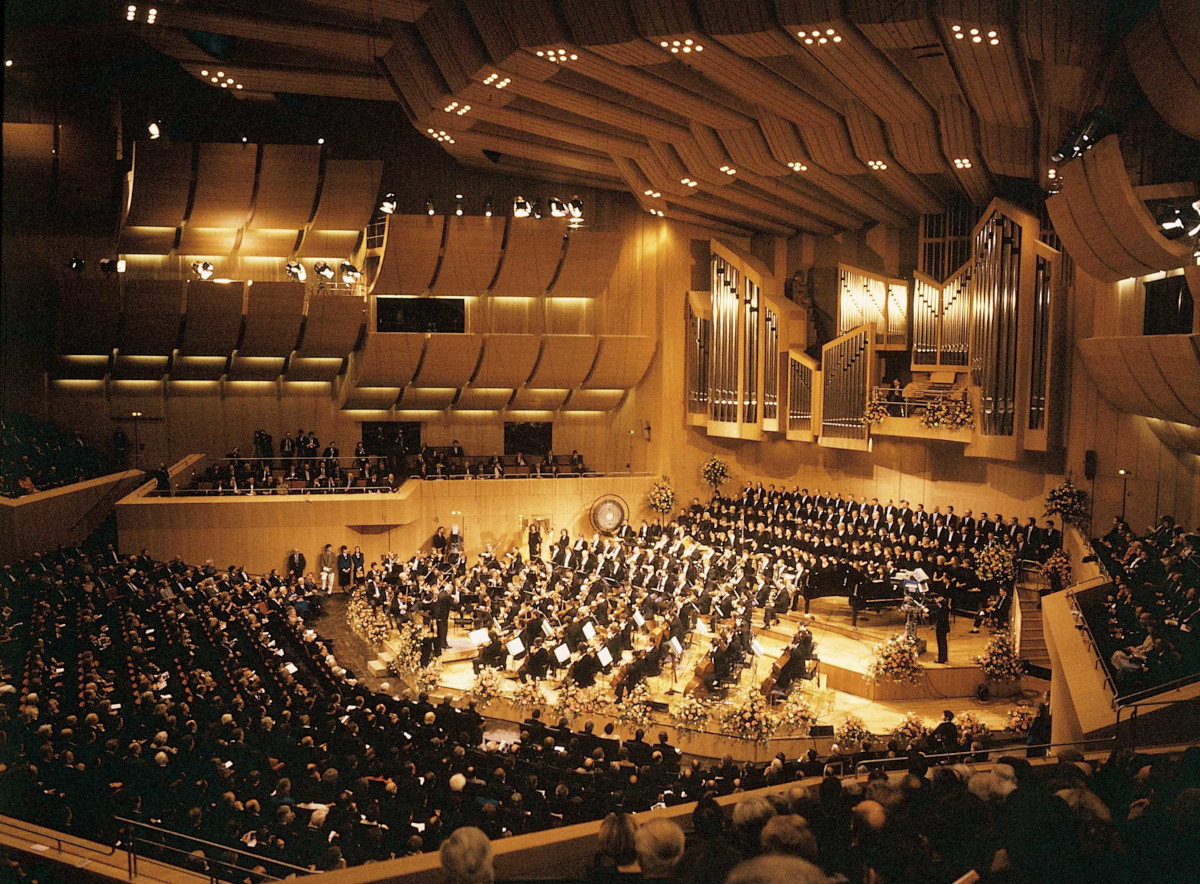
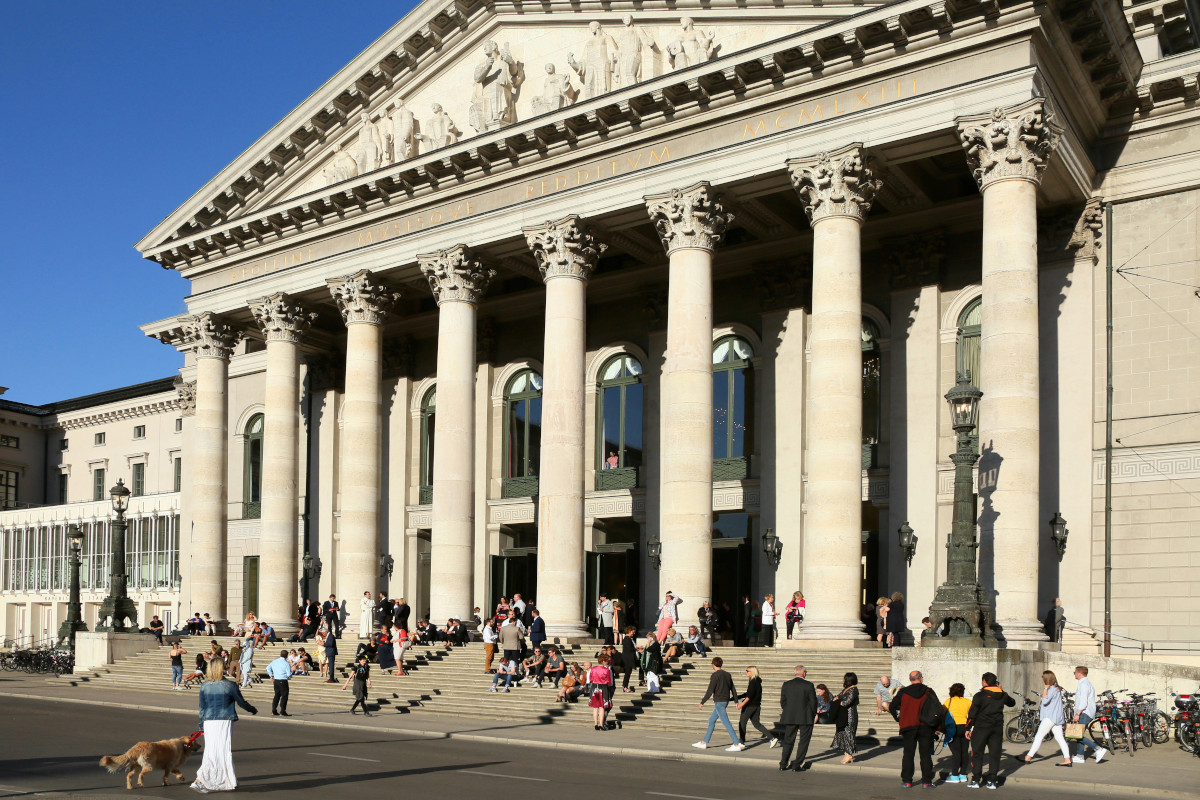
You can hear Bavarian brass bands – ‘Blaskapellen’ – in beer gardens and at the Oktoberfest. They play traditional Bavarian songs, and also drinking songs with memorable choruses like ‘Eins, zwei, G’suffa which translates roughly as ‘One, two, swig it down’. The Bavarian State Opera perform regularly at the National Theatre on Max-Josef-Platz and they host the Opernfestspeiele, a month-long summer opera festival across the city. For musical shows, there’s the Deutsches Theater and the biannual Munich Biennale musical theatre festival.
literature: heinrich heine and thomas mann
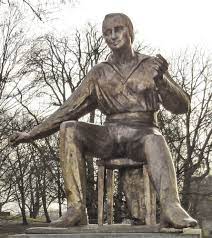
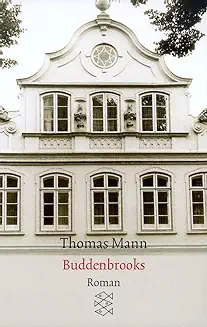
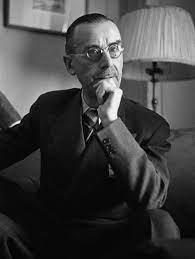
Heinrich Heine (1797-1856)was a poet and essayist who lived in Munich, working as a journalist and editor. His statement that ‘where books are burned, they will ultimately also burn human beings’ is often quoted. It seems to have foreseen the book-burnings of the 1930s, although he wrote it in 1823, over a century before his own works were banned by the Nazis because he was Jewish. There is a statue of him in the Poet’s Garden, between the Hofgarten and the Englischer Garten.
Thomas Mann, originally a north German, wrote all his major works while living in Munich: Buddenbrooks (1901), Tonio Kröger (1903) and The Magic Mountain (1924), for example. His novella Death in Venice (1911) opens in Munich. Thomas Mann won the Nobel Prize for Literature in 1929, but left Munich in 1933, when Hitler became Chancellor of Germany. He was Jewish and, fearing for his future, opted to live in exile in Switzerland. His books were banned by the Nazis and burned in public in both Berlin and in Munich. A self-guided walk around the Munich of Thomas Mann can be found here.
Listen to the POdcast
Reading Suggestions
The Mad King by Greg
Munich, Its Golden Age, Art and Culture by Rainer Metzger
links for this post
Valentin Karstadt Museum
Marionettentheater (Puppet Theatre)
Munich Philharmonic Concert Schedule
National Theatre
Deutsches Theater (Musicals)
Thomas Mann self-guided walk around Munich
Previous episode Art in Munich
Next episode Football and the Munich Olympics
